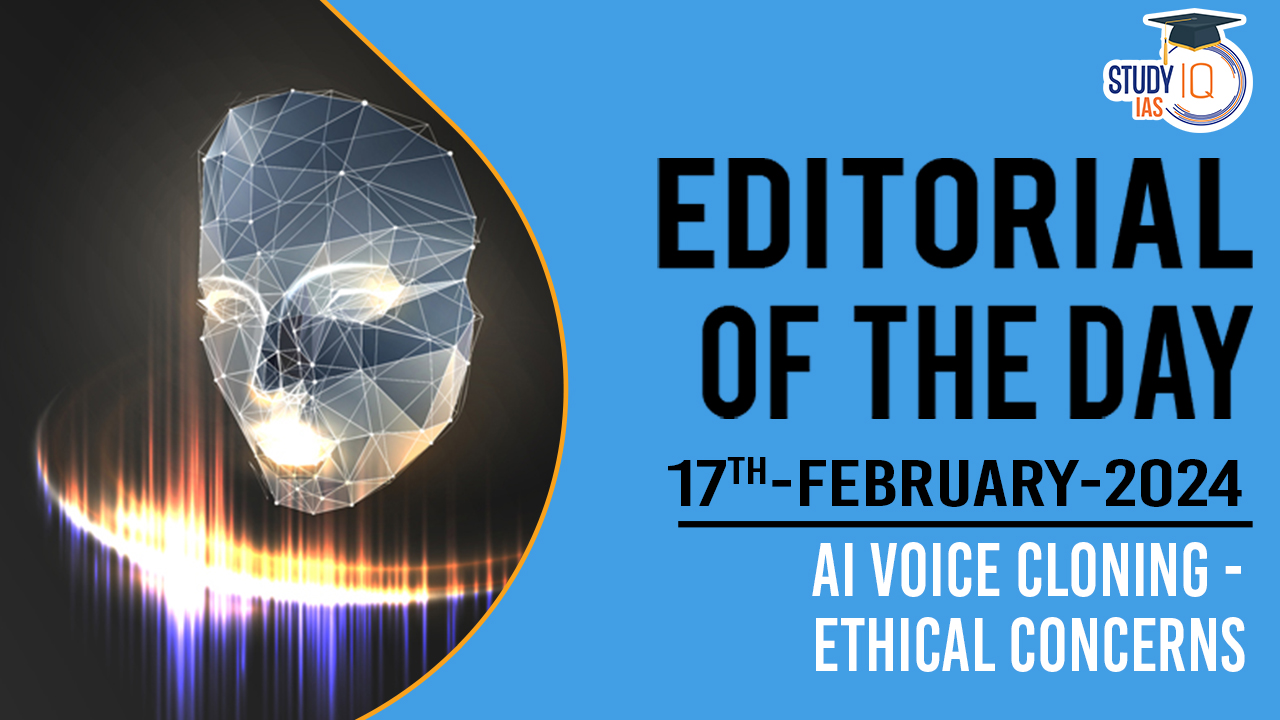Table of Contents
Context: A.R. Rahman used AI to recreate the voices of deceased singers Bamba Bakya and Shahul Hameed in a song, sparking debate on AI’s role in music.
Background of AI Voice Cloning
In a recent development within the music industry, a song utilised AI software to replicate the voices of two late singers for a new track. This technological feat was achieved with the consent and compensation of the singers’ families, yet it ignited a widespread discussion among artists about the ethical implications of using AI in creative expressions.
We’re now on WhatsApp. Click to Join
Concerns Raised for AI Voice Cloning
- Consent and Compensation: While the families of the deceased artists consented to the use of their loved ones’ voices and were compensated, questions about the extent of consent and the valuation of posthumous contributions remain.
- Impact on Future Artists: The ability to clone voices raises concerns about the career longevity and rights of living artists, potentially affecting their opportunities and earnings.
- Authenticity and Creativity: The use of AI to clone voices challenges the authenticity of musical creations, blurring the lines between human creativity and technological reproduction.
- Legal Framework: The current legal framework may not fully address the complexities of AI in the arts, particularly concerning intellectual property rights and the ethical use of posthumous digital personas.
- Human Emotion: Despite technological advancements, there’s a consensus that AI cannot replicate the depth of human emotion and the unique nuances that artists bring to their performances.
Ethical Considerations
- Transparency: Full disclosure about the use of AI in creative processes, especially when replicating human voices.
- Consent: Establishing clear guidelines for obtaining consent from artists or their estates for posthumous use of their digital personas.
- Regulation: Developing comprehensive regulations that balance innovation with respect for artists’ rights and legacy.


 Utkal Divas 2025: Odisha Foundation Day ...
Utkal Divas 2025: Odisha Foundation Day ...
 List of Military Exercises of India 2024...
List of Military Exercises of India 2024...
 GPS Spoofing and Its Impact in India: A ...
GPS Spoofing and Its Impact in India: A ...





















